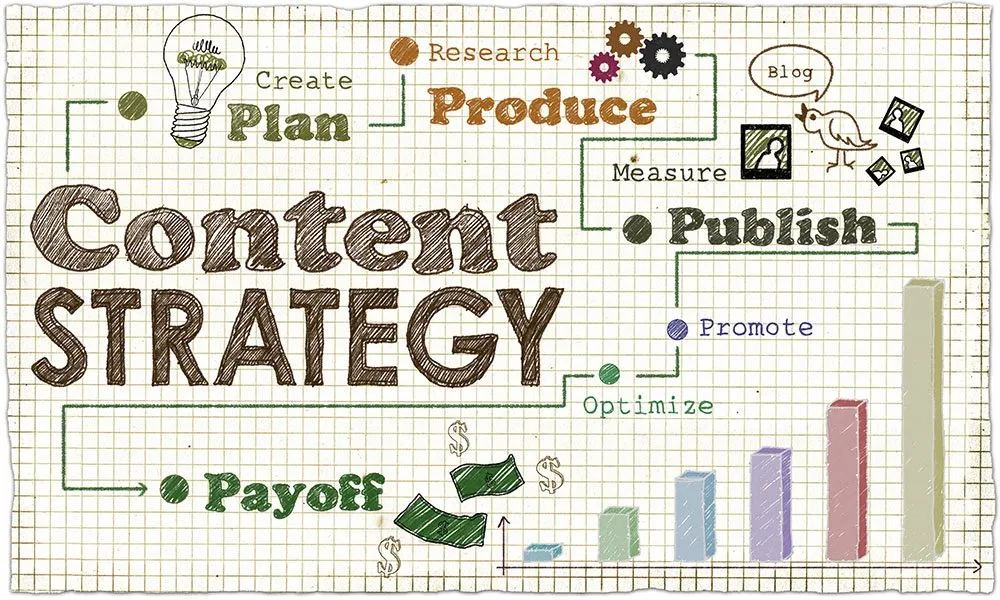Good healthcare workflow management is essential for any medical institution. It ensures that the right resources are utilized to maximize efficiency and patient care quality while also helping to reduce costs. When properly implemented, effective healthcare workflow management can provide numerous benefits for both patients and staff alike. In this article, we will explore the importance of healthcare workflow management and the key benefits it can bring to healthcare organizations.
What is Healthcare Workflow Management?
Healthcare workflow management involves the implementation of processes, systems, and tools to ensure that patient care is delivered in a timely and efficient manner. This includes tasks such as scheduling appointments, tracking patient data, and managing the delivery of treatments. It also involves creating protocols for staff members to follow for each patient’s care. Overall, a good healthcare workflow management system can reduce the risk of errors and improve patient care quality.
What are the Benefits of Effective Healthcare Workflow Management?
Effective healthcare workflow management can provide numerous advantages to both patients and healthcare organizations. Here are a few of the key benefits it can bring:
1. Improved Patient Care
The primary goal of healthcare workflow management is to ensure that patients receive the best care possible. By streamlining processes and ensuring staff members are following protocols, patient care can be improved substantially. This includes faster appointment scheduling and better tracking of medical data. As a result, treatment plans can be tailored specifically to each patient’s needs, resulting in better outcomes overall.
2. Increased Efficiencies
Good healthcare workflow management helps staff members maintain efficiency while providing excellent patient care. It also promotes collaboration amongst teams and departments by establishing clear communication channels and unified processes for completing tasks. This helps eliminate waste as well as reduce costs associated with inefficient workflows.
3. Reduced Costs
By exploring ways to improve healthcare workflow management, healthcare organizations can reduce costs associated with inefficient processes. This includes eliminating waste and streamlining existing processes to better meet the needs of both patients and staff members. Additionally, implementing effective workflow management systems can provide cost savings in the long term by helping to prevent future medical errors.
4. Improved Staff Satisfaction
When properly implemented, healthcare workflow management can be a key factor in keeping staff members happy and motivated. By streamlining processes and providing unified protocols for completing tasks, staff members can spend less time on tedious administrative tasks and more time focusing on patient care. This leads to improved job satisfaction and higher employee retention rates.
To Sum Up
Healthcare workflow management is essential for any medical institution. It can provide numerous benefits to both patients and staff members alike, including improved patient care, increased efficiencies, reduced costs, and improved staff satisfaction. By implementing effective healthcare workflow management techniques and systems, organizations can ensure that patients receive high-quality care while also achieving cost savings. So, if your organization has yet to take advantage of the power of healthcare workflow management, now is the perfect time to start. Thank you for reading!













Comments